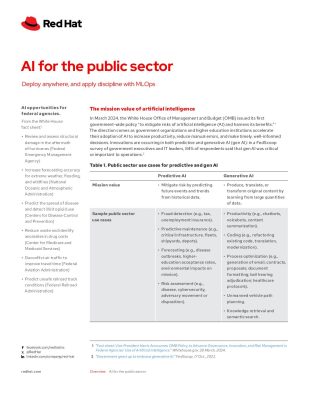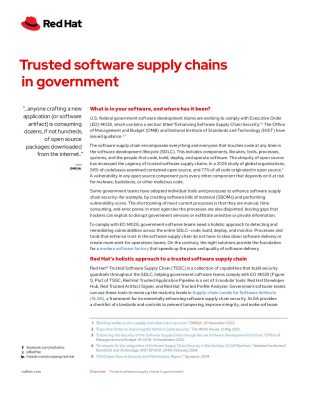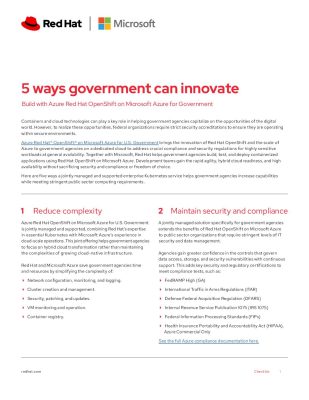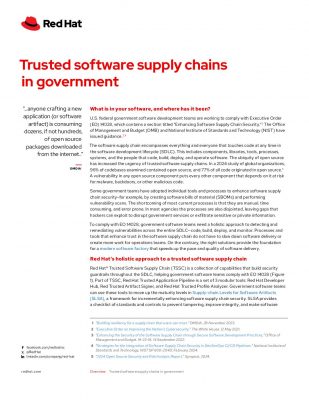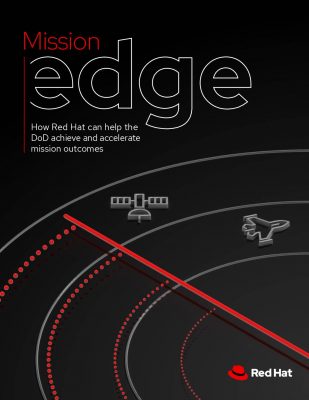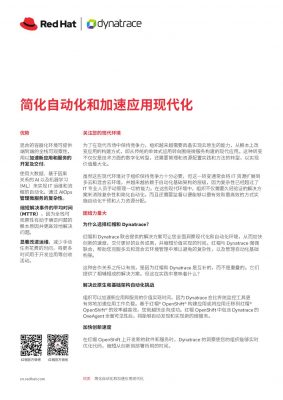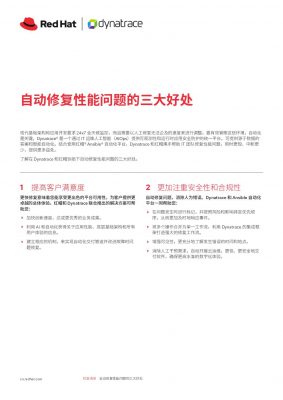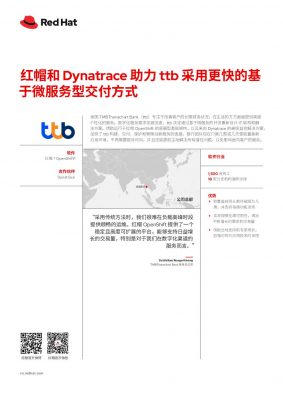Highlights:
- Extending the infrastructure’s depreciable useful life should save Microsoft USD 1.1 billion in Q1’23
- Microsoft should be able to weather difficult macroeconomic conditions without having to increase consumer costs by extending server life
Microsoft has extended the life of the machines powering its cloud by two years, joining other cloud giants. The move is expected to save billions for the company.
“We are extending the depreciable useful life for server and network equipment assets in our cloud infrastructure from four to six years,” chief financial officer Amy Hood told investors last week during Microsoft’s Q4 2022 earnings call.
“Investments in our software that increased efficiencies in how we operate our server and network equipment as well as technological advances have resulted in lives extending beyond historical accounting useful lives,” she added.
Microsoft will save billions each year thanks to those investments. Hood estimated that the adjustment will improve Microsoft’s bottom line by USD 3.7 billion during the current fiscal year (2023), with a USD 1.1 billion gain in Q1.
Google and AWS had already disclosed longer lifespans for their cloud infrastructure. In February 2022, Google stated that its server lifecycle would be extended from three to four years. The same month, AWS revealed plans to run servers for five years and networking equipment for six, an increase of one year for each lifespan.
This information may not be all that exciting for Intel, AMD, and the companies that kit out and assemble the millions of servers that major clouds use. Some purchases will be delayed as a result of longer hardware lifecycles.
However, not all is doom and gloom for those suppliers. Facebook and Google hinted last week that they would each invest billions in new servers to support expansion and make up for purchases that were not possible during COVID-19-related supply chain issues.
Customers typically react differently to such decisions. On the one hand, by extending server life, Microsoft should be able to weather difficult macroeconomic conditions without having to increase consumer costs. On the other, it might even lower rates, but it’s unclear whether price reduction will truly occur.
However, prolonging the life of hardware also increases the risk of malfunctions and breakdowns. Microsoft asserts that its software enhances hardware performance and checks for errors. Customers won’t have much to worry about if Microsoft can genuinely take preventative measures before the hardware fails.

